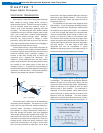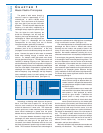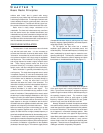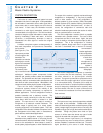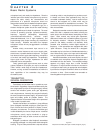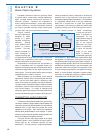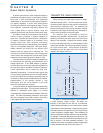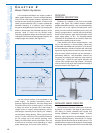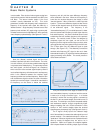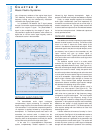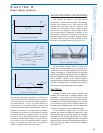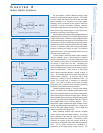
Selection
and Operation
of Wireless Microphone Systems
4
I NTRODUCTION
The many uses of wireless microphone systems can span applications
from live entertainment to earth-orbit communications. It can include
devices from a single "Mr. Microphone" to a 60 channel theme park system.
It can evoke visions of freedom in prospective users and memories of
ancient disaster in veteran sound engineers. In all its forms, wireless has
become a fact of life for people who design and use audio systems. With
increased use of wireless microphone systems has come the need for
increased quantity and quality of information on the topic.
The scope of this guide is limited to wireless microphone systems used in
audio applications. The reader is presumed to be somewhat familiar with
basic audio. However, since wireless microphone systems depend upon
certain general principles of radio, some information on basic radio is
included. While there are similarities between sound transmission and radio
transmission, many of the characteristics of radio systems are neither
analogous to audio systems nor intuitive. Still, though perhaps new, the key
ideas are fairly straightforward.
The purpose of this guide is to provide the interested reader with adequate
information to select suitable wireless equipment for a given application
and to use that equipment successfully. In addition, it is hoped that the
fundamentals presented here will equip regular users of wireless with a
framework to assist in their further understanding of this evolving technology.
This guide is presented in two parts: how wireless microphone systems
work and how to make wireless microphone systems work. The first part
is a technical introduction to the basic principles of radio and to the
characteristics of wireless transmitters and receivers. The second part
discusses the practical selection and operation of wireless microphone
systems for general and specific applications. The two parts are intended
to be self-contained. The first part should be of interest to those who
specify or integrate professional wireless equipment while the second
part should be of use to anyone who regularly works with wireless
microphone systems.






